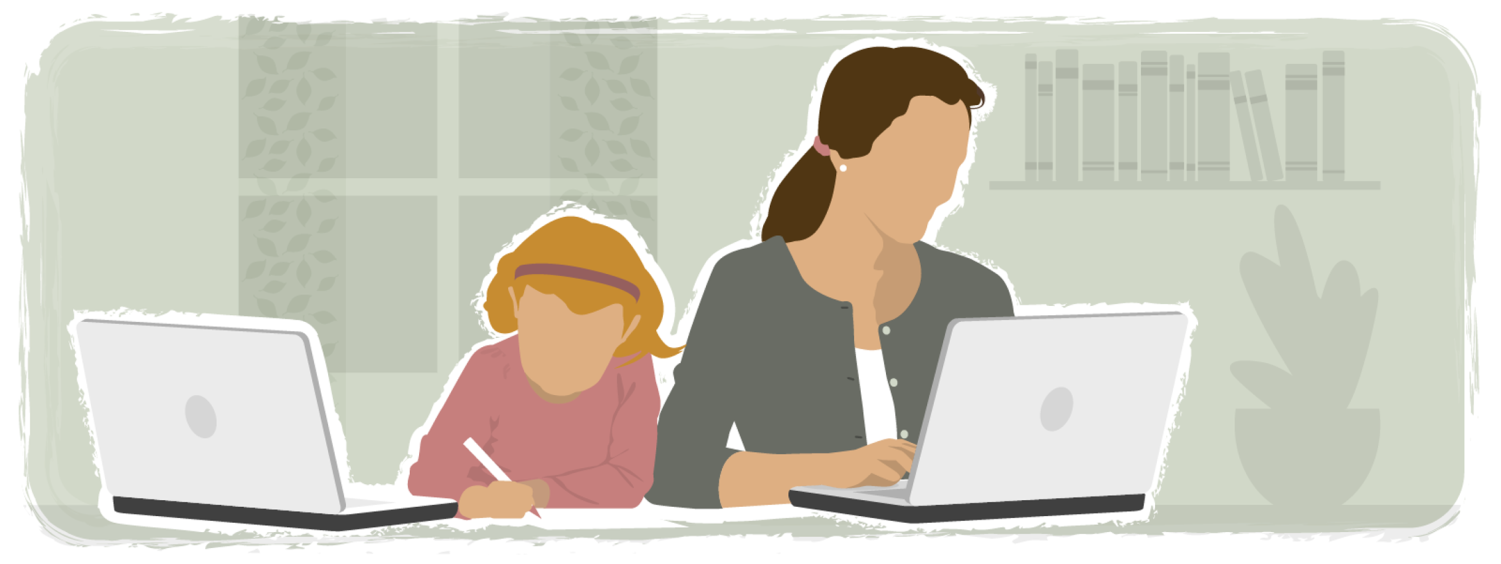Your donation will support the student journalists of Brunswick High School. Your contribution will allow us to purchase equipment. We're a small program with little resources. Our goal is to purchase some updated, and much needed, cameras for the program.
Virtual Learning Inside of School
Pros and Cons of Virtual Learning in Brunswick High
March 18, 2022
Virtually learning has hugely impacted us these past two years. And the decision to learn virtually has become much more difficult seeing the varied success and challenges of learning that way. However, for years Frederick County Public Schools (FCPS) has had virtual classes and programs for people who could not—for any reason—take those classes in-person. For example, I have been taking French through the virtual program with FCPS because the class has not been offered at Brunswick High for the past two years. I want to share the experiences of other students at BHS, and the reasons that they made the decision to take virtual classes as opposed to learning inside a classroom in an offered course of study.
To begin, virtual learning’s original purpose was for adult post-secondary education. It has grown due to “an increase in demand for learning and education” and “rapid advances in information technologies,” according to the Encyclopedia of Information Systems. The impact and reward has been mixed, but the consensus on the future of learning has been that “the half-life of learning grows shorter and shorter.” This means that what someone learns could become obsolete by the time they graduate, so colleges have begun to focus on faster graduation and better real-world application. This is the main benefit of virtual learning, classes are finished faster and students are able to study while obtaining real-world experience, such as while they are working. This, however, does not apply to high school students that are more focused on learning—who don’t yet have a way to work in a professional setting in most cases. The following is from a survey conducted that polled students taking or planning to take a virtual class at BHS.
The students shared the opinion that virtual classes were not a necessity, and were instead only necessary for people who could not fit the class into their schedules in person. More specifically, of the students who responded to that question, 53% said to take it only if necessary, and an additional 40% recommended taking it only if you had the motivation and work ethic required to do so. On that note, 53% of the students said that it was difficult to find the motivation to study, and said that the biggest disadvantage of virtual classes was how easy it was to fall behind and not have the motivation to catch up or stay ahead. Personally, I was determined to get ahead in the class, and due to the nature of the class, it was easy to do so. Virtual classes at Brunswick are usually taught through the program Apex, which is entirely student-paced apart from the tests that are opened by the instructor. This method of teaching creates very little to no teacher interaction. Despite this, 73% of students polled said that they had very good to moderate teacher interaction. This is because there is the ability to email teachers at any time when you need help, and they usually hold Google Meets for students to study and catch up on work. Lastly, with all of these impacts on learning, 20% of polled students said they learned little to nothing from virtual classes, 40% learned a moderate amount, and 40% learned a lot from their virtual classes.
So should you take a virtual class? That entirely depends on what classes you are taking, whether or not there is a need to take the class, and how much work you are willing to put in to get the most significant return. If you do plan to take a virtual class, it is a good idea to message the guidance office early so that they are able to schedule the class for you.
